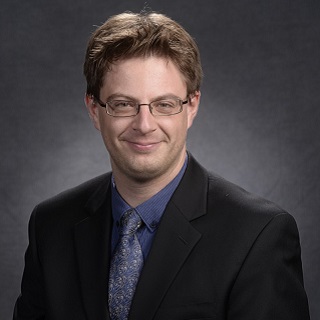Category:
Teaching inside and outside of the classroom

John Toffoli | Class of 2012
Bachelor of Education, Science
John has made several astute career moves. First, he enrolled in the Faculty of Education at the University of Ontario Institute of Technology. Then, for his final field placement, he did his practice teaching at St. Michael’s College School. There, he made such a positive impression that he was hired as an occasional teacher. Today, John is a full-time science teacher at the school and says, “I don’t think I’d be teaching today if not for attending UOIT.”
The Faculty of Education’s emphasis on praxis, exercising and practicing ideas and theories, really appealed to John. He also believed that he would thrive in the university’s small classes. He was right, finding that faculty cared about him as a person as well as his learning. When John graduated in 2012, he felt that he had developed into a "true teaching professional.”
John is now thriving as an educator. He co-mentors the school’s accomplished Vex robotics team, which recently travelled to Anaheim, California to compete in the world championships. He's building on this success by helping to roll out two new robotics credit course at the school, which will teach students the fundamentals of computer programming and engineering design.
John has also connected with Operation Wallacea, an environmental research and expeditions organization, enabling students to travel around the world to perform ecological assessments, biodiversity monitoring and aquatic surveying of reef environments. After a successful expedition to Honduras in 2015, John is looking forward to bringing his students to Greece in 2017.
John sees new trends in teaching ahead, especially as technological advances infiltrate the classroom. He believes that, today’s educator must be able to embrace the new possibilities offered by these technologies. John comments that in his school "the technology is ubiquitous; from the new learning management system we’ve rolled out to the increasing use of mobile devices, to interactive whiteboards. We’re also experimenting with some newer technologies such as a 3D printing which will give students some experience in small-scale manufacturing and we're introducing Arduino to our Grad 12 students to get them thinking about circuit design.”
For anyone who wants a rewarding career, John suggests, "Be conscious of what you really want, and look for experiences that will fulfill you. Talk to alumni and professionals in your field to learn about paths you may not be aware of. Be prepared to take risks, because many of the best opportunities will come with unknowns. Most of all, never pass up a chance to learn something new.”
